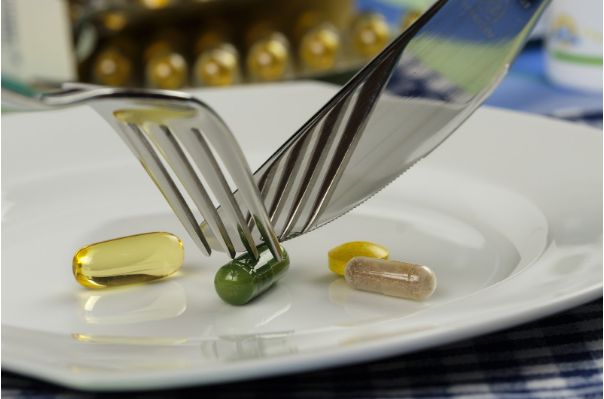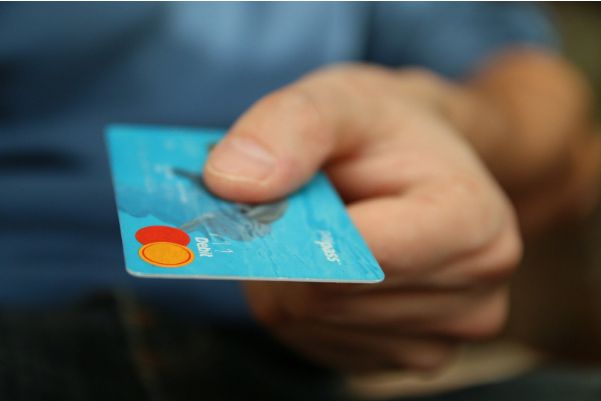
How To Motivate Your Loved Ones To Get Addiction Treatment
Addiction is an illness that does not only affect the addicted. Watching a loved one’s body and mind get ripped apart by substance abuse is an extremely painful thing to endure. While your love for your friend or family member motivates you to want to help them get addiction treatment, your relationship with that person might be falling apart. Their addiction may be making them combative, they might be stealing from you in order to support their addiction, and they may be acting in ways that are physically, verbally or mentally abusive toward you.
If someone close to you is going through an addiction, they do need some form of help as soon as possible. But at the same time, you need to protect yourself, whether that means preventing yourself from emotionally burning out, or literally protecting yourself from acts of abuse.
Although it may seem impossible to help your addicted loved one while also helping yourself, there are ways to do both. But in order to know how to help someone with an addiction, you first need to understand what it means to enable them, because the line between “helping” and “enabling” can become very blurred.
What Does It Mean To Enable Someone With An Addiction?
As humans, we are instinctively driven to support those we care about, and we tend to judge our success in this area by whether or not the people around us are happy. If they are happy, we deduce that our presence in their life is positive and helpful. If they are unhappy – particularly if they are unhappy as a direct result of something we have said or done – our natural reaction is to do something that will make them happy.
This leads us to unintentionally behave in ways that make it easier for an addicted loved one to remain addicted. We think we are helping them. We think we are doing the right thing. But what’s actually happening is that we are supporting the addictive behaviour.
Enabling can take many forms. Here are some examples:
- You allow an addict to use drugs in your home because it is safer than them being on the street
- You purchase food for an addicted loved one who used their wages to finance their addiction, and you reason that “at least you’re not giving them money to buy drugs”
- You forgive repeated acts of abuse because “it’s not them, it’s the drugs”
- You lie to others to protect an addict, for example, by calling their employer saying they’re sick
- You pay their bills or do their housework “for the sake of their children”
If you have fallen into the trap of enabling, you cannot blame yourself. People with drug and alcohol addictions become manipulative not because it’s in their nature, but because it’s a survival mechanism for them. And the only way to break out of that cycle of addiction is by recognizing when your actions are enabling your loved one, and to do something different.
Related article: How To Help A Loved One In Recovery
How To Get Addiction Treatment For A Loved One Without Enabling Them
Knowing what enablement looks like is the first step. The next step is to know what you can do to motivate your loved one to get addiction treatment help.
Make sure you have the support you need
You cannot drink from an empty well: if you try to help your addicted loved one without putting in place adequate support for yourself, you could easily burn out.
There are support groups for families of people with addictions, such as Al-Anon, that will connect you with other people who are in a similar situation. Some of the support group meetings may actually teach you something new about addiction and recovery, and you may come away from others simply feeling less alone.
Another route to explore is therapy. One-on-one sessions with a professional may help you cope with the ways in which the addiction has impacted you and your relationship with your loved one. You can also gain some valuable insights into how your words and actions might be enabling the addict.
Get fellow loved ones on board
In a way, addicts are like children: if different people give them different messages, they will get confused. So, talk to the addict’s family members and friends and share whatever resources you have that will educate them on addiction.
Make sure everyone who is close to the addict shares a common goal of figuring out how to get addiction treatment for them that they will agree to.
Start thinking about treatment options
As much as addicts and their families believe that they can battle this demon alone, statistics are repeatedly telling us that addicts who enter a drug addiction treatment program are far less likely to suffer a relapse.
Approaching the addict about treatment is something that should be done at the right time, in the right way. But you can start by researching different facilities, finding out what they have to offer, and what the features of a good rehab program are.
Stop financing the addict
This starts with the obvious: don’t buy any drugs or alcohol for your loved one. If the addicted person’s substance of choice is cocaine, don’t buy them a beer as a reward for not using cocaine. If they are an alcoholic, don’t buy them cigarettes. You need to send a clear message that you will not support the use of substances in any form.
In addition to that, don’t give in to the temptation to buy their groceries or pay their bills. Many people do this, reasoning that at least they’re not giving an addict money that they will just spend on drugs. If you take over any of the addict’s financial obligations, you are essentially paying the addict to be one. Therefore, it takes away their incentive to have to fend for themselves.
Don’t excuse bad behaviour
Anyone who has been close to an addict knows that addiction can make a person act in ways that go against who they are as a person. Someone who used to be mild-mannered can become aggressive; someone with a strong code of ethics can start stealing.
In our quest to not take things personally, we tend to excuse the bad behaviour of those around us. We absolve addicts of their responsibility to behave in civilized, respectful ways. What actually needs to happen is that addicts – like everyone else – need to be held accountable for their words and actions.
Don’t provide a “Get out of jail free” card
It is an unfortunate reality that addiction is often associated with illegal activity. Your addicted loved one has a statistically good chance of having a run-in with the police after stealing money or goods to support their addiction, or by driving while under the influence of drugs or alcohol.
No one wants to see someone they love go to prison, but if you act too quickly and bail your loved one out of jail, you are sending a clear message that the person can act in whatever way they please without consequence.
Be Prepared To Participate In Treatment
Once your loved one has accepted treatment, your part in their recovery journey is not over. Many addiction treatment programs involve family members and close friends in the treatment plan. This usually takes the form of family therapy sessions, during which the addict explores their relationships with loved ones. Everyone can benefit from this process: the addict and loved ones can learn how to communicate more effectively, resolve conflicts, and face up to challenges together. In this way, not only will you be a part of the recovery; you will be there to watch the person you love escape the chains of their addiction and reach their full potential.
To Sum It Up
The process of motivating a loved one to get addiction treatment is a multi-pronged process that will require a lot of attention and effort on your part. However, the results of getting your loved one to get professional addiction treatment is well worth it. Contact 1000 Islands Addiction Rehab & Treatment Centre for addiction treatment programs.
Related article: How Intervention Helps Your Loved One Overcome Addiction




